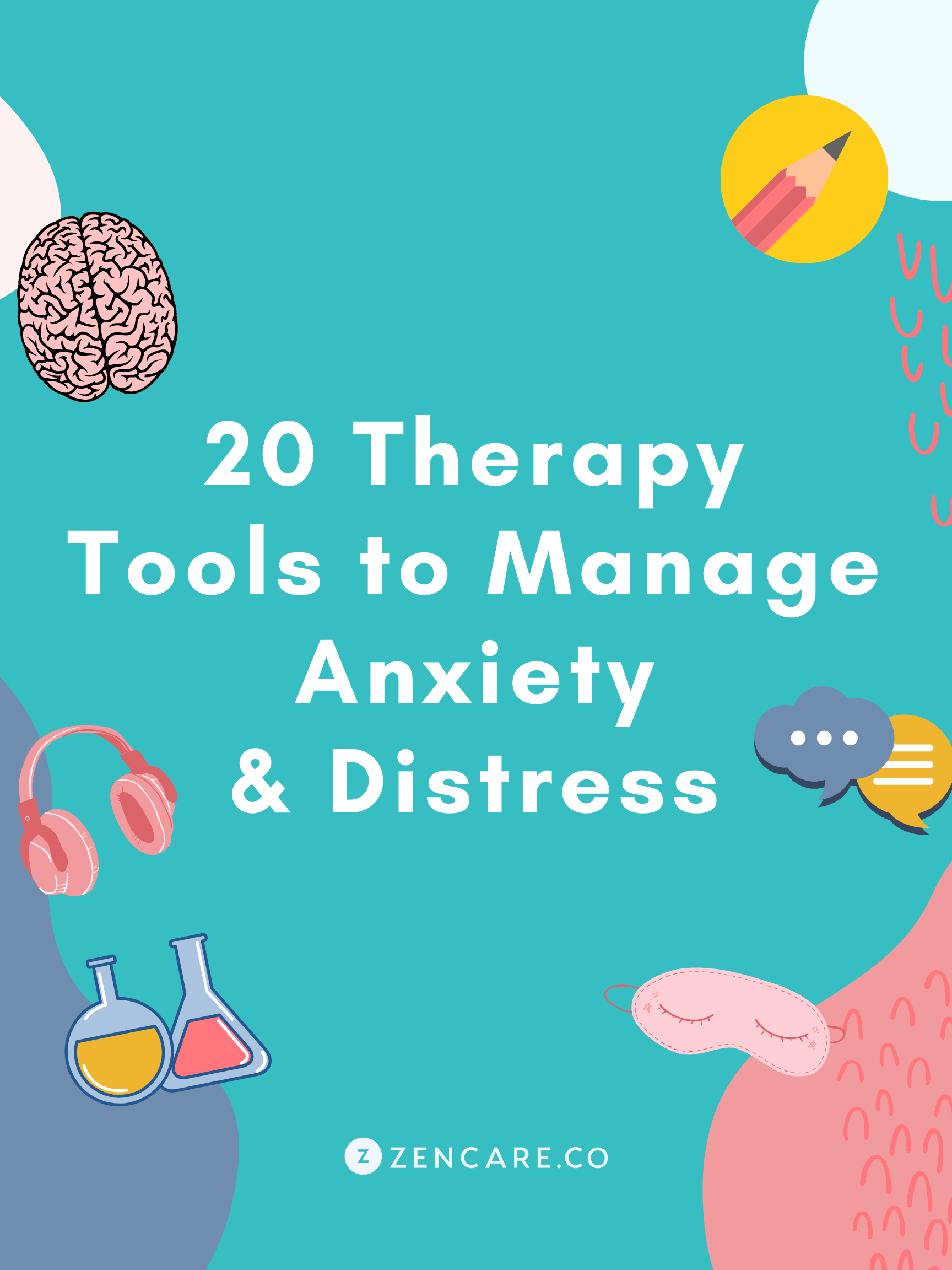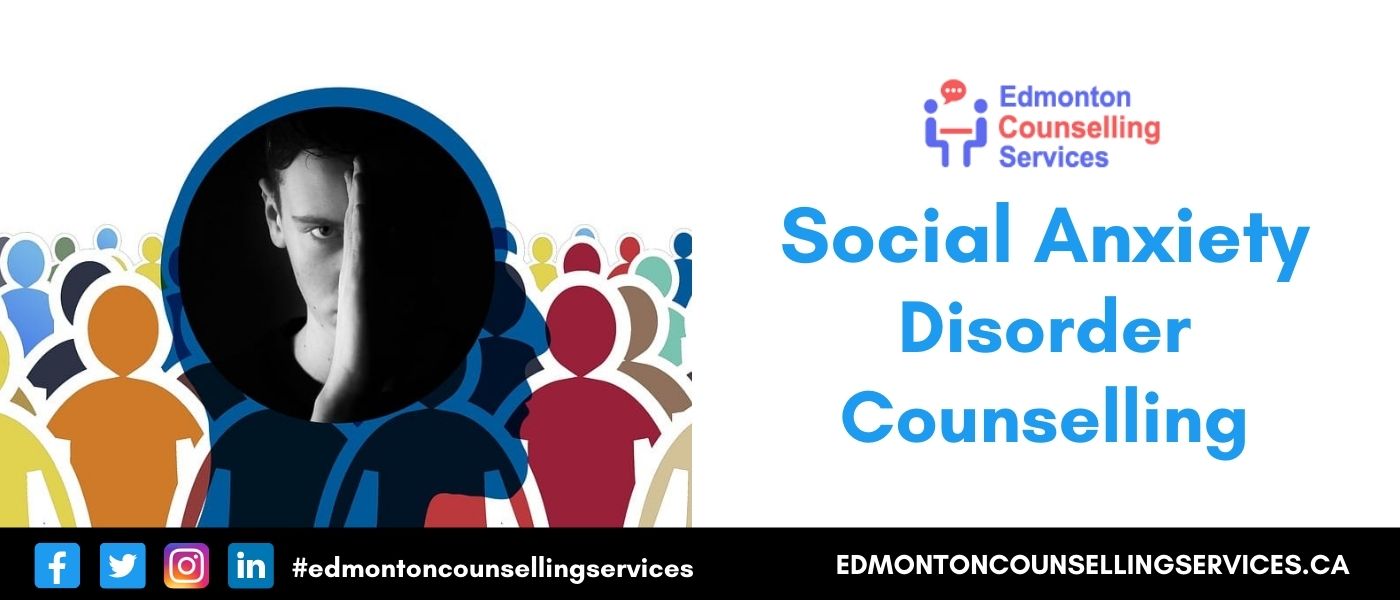Explore proven techniques through counselling for anxiety disorder programs
Exploring Various Techniques in Counselling for Anxiety Problem for Long Lasting Adjustment
When taking on anxiousness disorders, it's crucial to check out a variety of counseling strategies. Each technique offers distinct insights and devices to aid you manage your symptoms properly. You might find that incorporating methods can yield the most effective results. Nevertheless, comprehending the nuances of these methods is essential to cultivating lasting modification. What happens if the right mix could launch a brand-new level of psychological wellness for you?
Recognizing Stress And Anxiety Disorders: A Quick Review
Stress and anxiety problems, which affect millions of people worldwide, can substantially influence everyday life. You could experience frustrating feelings of fear or worry that seem irrepressible. These feelings can cause physical symptoms like a racing heart, sweating, or perhaps dizziness. Typical kinds of stress and anxiety disorders include generalized stress and anxiety disorder, panic attack, and social anxiousness problem. Each has one-of-a-kind indicators, but they all share a tendency to interrupt your routine and relationships.Understanding the root triggers of your stress and anxiety is crucial. It could originate from genetics, mind chemistry, or life experiences. Recognizing your triggers can assist you handle your responses much better. It is very important to bear in mind that you're not the only one in this battle. Numerous people face similar difficulties, and looking for help is a solid step towards sensation better. By learning more about anxiety problems, you're already on the path to understanding and handling your condition a lot more efficiently.
Cognitive-Behavioral Therapy: Testing Adverse Idea Patterns
In Cognitive-Behavioral Therapy, you'll start by recognizing the negative thought activates that contribute to your anxiety. Once you recognize these ideas, you'll service replacing them with more favorable options. With each other, you'll build effective coping strategies to aid handle your anxiousness in everyday situations.
Identifying Adverse Idea Triggers

When you experience minutes of distress, acknowledging the specific triggers behind your unfavorable ideas can be crucial in taking care of anxiousness. Start by taking notice of circumstances that prompt feelings of fear or concern. Is it a congested area, an approaching target date, or a conversation with specific individuals? Take down these circumstances in a journal. This will assist you determine patterns in your reasoning. Also, notice physical experiences that accompany your unfavorable thoughts, like an auto racing heart or tightness in your upper body. By identifying these triggers, you get insight into what's fueling your stress and anxiety. Recognizing these links is the first action in challenging those thoughts and eventually restoring control over your psychological responses.
Changing Thoughts With Positives
Challenging adverse thought patterns is a vital action in changing your state of mind and lowering anxiety. You might typically discover on your own caught in cycles of insecurity or tragic reasoning. As opposed to allowing these thoughts dictate your sensations, technique changing them with positive affirmations or practical choices. For example, when you think, "I can not handle this," move it to, "I can handle obstacles one action at once." This simple modification can considerably affect your emotion. On a regular basis recognizing and countering these adverse thoughts aids create a healthier inner dialogue. Bear in mind, it takes some time and effort, however continually exercising this strategy can bring about long-term adjustment, empowering you to encounter anxiety with restored self-confidence and strength.
Building Coping Strategies With Each Other
Changing negative thoughts is just the beginning of handling anxiety effectively. To produce enduring change, you require to develop coping methods that equip you. Cognitive-Behavioral Therapy (CBT) helps you recognize and test those purposeless idea patterns. Together, you and your counselor can explore exactly how these ideas effect your feelings and behaviors.Start by creating functional methods, like journaling or mindfulness exercises, that allow you to challenge stress and anxiety head-on. When you encounter your worries gradually, you'll find out to respond differently.

Mindfulness and Acceptance-Based Approaches: Cultivating Present-Moment Recognition
As you navigate the complexities of anxiety, incorporating mindfulness and acceptance-based approaches can considerably enhance your capability to grow present-moment recognition. By concentrating on the present moment, you'll find that you can observe your thoughts and feelings without judgment (Counseling services for anxiety). This technique assists you recognize your stress and anxiety without feeling overwhelmed by it.Engaging in mindfulness exercises, such as deep breathing, body scans, or assisted meditations, permits you to ground yourself in your present experience. Acceptance-based approaches urge you to accept your feelings as opposed to deal with versus them. When you accept your feelings, they shed their power over you.Incorporating these techniques right into your daily regimen can transform exactly how you reply to anxiety. You'll develop durability and learn to browse difficult circumstances with better ease. Ultimately, growing present-moment understanding lays the structure for long-term change, encouraging you to lead a more meeting life
Direct Exposure Treatment: Challenging Anxieties Slowly
Exposure treatment assists you face your fears in a steady means, making it much less overwhelming. You'll learn strategies to encounter anxiety-provoking circumstances detailed, while additionally building coping methods to handle your reactions. This method empowers you to take control and decrease anxiety gradually.
Steady Exposure Methods

When encountering anxiousness, progressively challenging your fears can be an effective means to reclaim control. This method, known as progressive exposure, includes slowly subjecting on your own to the scenarios or items that cause your stress and anxiety. Beginning with less challenging circumstances and progressively function your way approximately more challenging ones. If you're worried of public speaking, you might start by speaking in front of a mirror, then proceed to sharing thoughts with a close friend, and at some point attend to a small team. Each step aids desensitize you to the worry, developing your self-confidence gradually. Bear in mind, it's important to speed yourself and commemorate little success as you relocate through this process, strengthening your ability to take care of anxiousness successfully.
Building Coping Approaches
Building reliable coping approaches is why not try here crucial for managing anxiety, especially as you challenge your anxieties progressively - Counseling services for anxiety. One effective technique is exposure therapy, where you begin by facing your anxieties in a regulated way. Start with less daunting scenarios and gradually work your way as much as more tough circumstances. This steady exposure helps desensitize you to stress and anxiety causes, making them less overwhelming.Incorporate leisure strategies, such as deep breathing or mindfulness, to calm your mind throughout exposure. Track your progress, commemorating small triumphes in the process to boost your confidence. Bear in mind, it's okay to take your time; the objective isn't perfection but consistent improvement. By building these techniques, you'll empower on your own to browse anxiousness and welcome life a lot more fully
Psychodynamic Therapy: Revealing Source of Stress And Anxiety
Psychodynamic treatment discovers the subconscious mind, revealing the origin causes of your anxiety. By analyzing your thoughts, sensations, and past experiences, this strategy assists you discover underlying problems and unsettled concerns that might add to your present anxiousness. You'll collaborate with a therapist to check out childhood years experiences, connections, and psychological patterns that form your responses today.As you obtain understanding into these deeper layers of your mind, you'll start to identify how past events affect your present actions. This understanding can bring about catharsis, allowing you to refine feelings you may have suppressed.Through the therapeutic partnership, you can also recognize defense reaction that might have developed in time, offering a more clear course to transform. Eventually, psychodynamic therapy furnishes you with the tools to address your anxiety at its core, promoting lasting transformation in your psychological well-being.
Integrative and All Natural Strategies: Integrating Techniques for Greater Efficacy
Integrating various healing strategies can enhance your trip toward taking care of anxiousness much more efficiently. By integrating components from cognitive-behavioral therapy, mindfulness techniques, and holistic strategies, you can produce an individualized strategy that addresses your special requirements. You might utilize cognitive-behavioral techniques to test adverse thought patterns while including mindfulness exercises to ground on your own in the existing moment.Additionally, checking out all natural practices such as yoga exercise or reflection can advertise leisure and lower anxiety signs. This mix allows you to create better self-awareness and resilience.Experimenting with these varied methods can assist you find what reverberates most with you. Remember, it's about finding a harmony that works, instead than staying with a single technique. This integrative technique not only provides instant relief however also promotes lasting skills for taking care of anxiety, empowering you to reclaim control over your life.
The Role of Assistance Solutions: Structure Durability Through Link
While it might appear that managing anxiety is a singular journey, having a strong support group can play a necessary role in your resilience. Bordering on your own with understanding friends, family, or support system develops a safe area where you can honestly share your experiences and sensations. When you connect with others, you advise yourself that you're not alone in this struggle.These relationships offer support and can provide practical coping techniques that have helped others. It's likewise a possibility to acquire perspective; friends can assist you see situations in different ways, decreasing sensations of isolation.Moreover, emotional assistance my response promotes a feeling of belonging, which can substantially reduce anxiety symptoms. By leaning on your support group, you can construct resilience and deal with challenges much more effectively. Keep in mind, reaching out for assistance is a sign of stamina, and it can make all the difference in your journey toward taking care of anxiousness.
Often Asked Questions
What Are the Typical Signs of Anxiety Problems?
You could experience restlessness, tiredness, trouble focusing, impatience, muscle stress, and rest disturbances. Physical signs can include fast heart beat, sweating, and shivering. Acknowledging these indications early can assist you look for proper assistance and therapy.
How Much Time Does Therapy Generally Last for Anxiousness Disorders?
Treatment for stress and anxiety problems usually lasts anywhere from a few weeks to several months. It actually depends upon your private needs, progress, and the strategies your specialist utilizes to assist you handle your anxiousness efficiently.
Can Medicine Be Used Along With Treatment for Anxiety?
Yes, medication can definitely be utilized together with treatment for stress and anxiety. Integrating both techniques commonly enhances therapy performance, aiding you manage signs and symptoms while discovering underlying concerns with therapy (Counseling services for anxiety). Always consult your medical care company for personalized suggestions
Are There Self-Help Methods for Managing Stress And Anxiety?
Yes, there are several self-help techniques for managing anxiety. You can practice mindfulness, participate in routine exercise, keep a balanced diet plan, establish a routine, and make use of deep breathing strategies to help in reducing anxiousness signs and symptoms efficiently.
How Do I Know if I Need Expert Aid for Anxiety?
